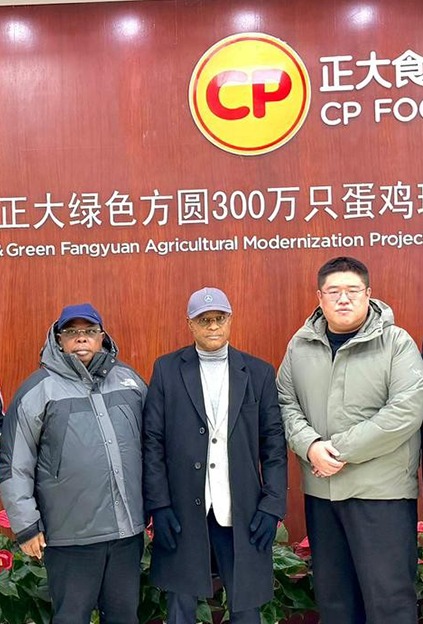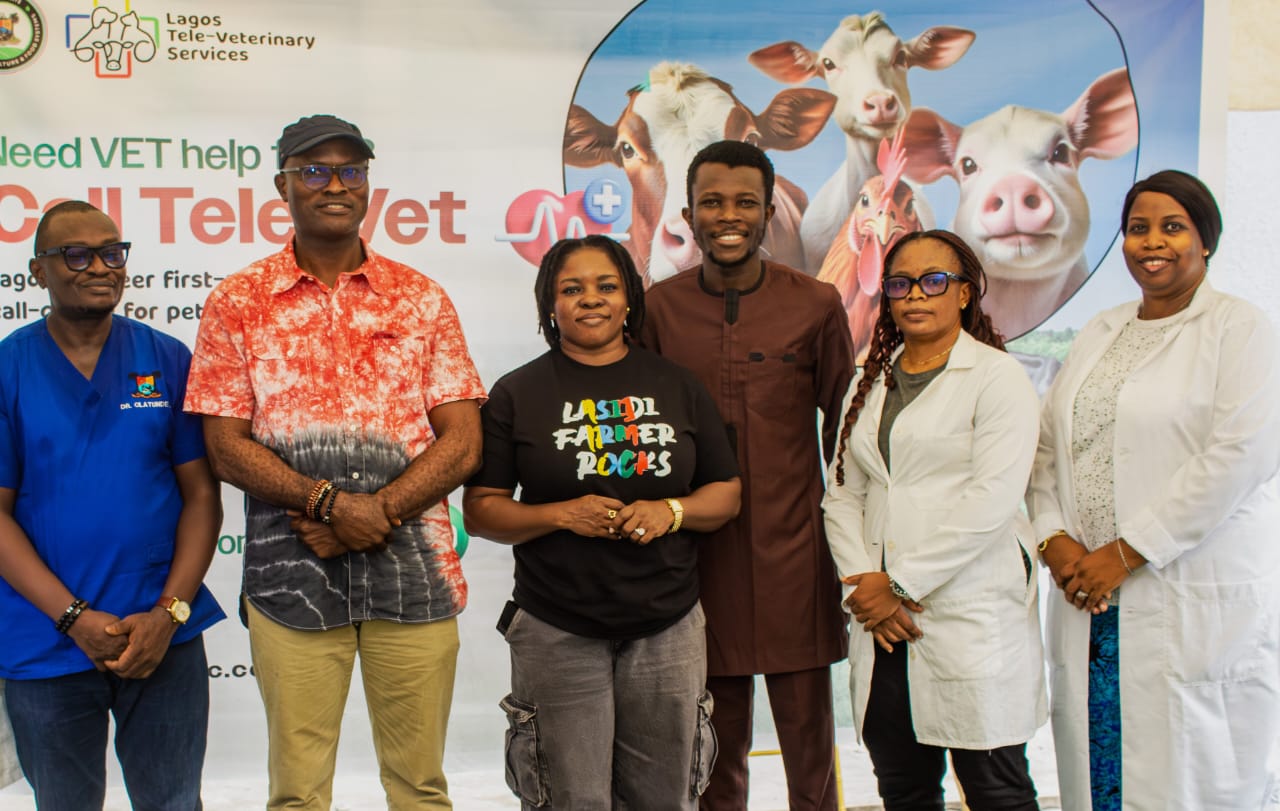Female Agripreneurs To Win $300,000 Grants In The 2024 Edition Of The WAYA Awards
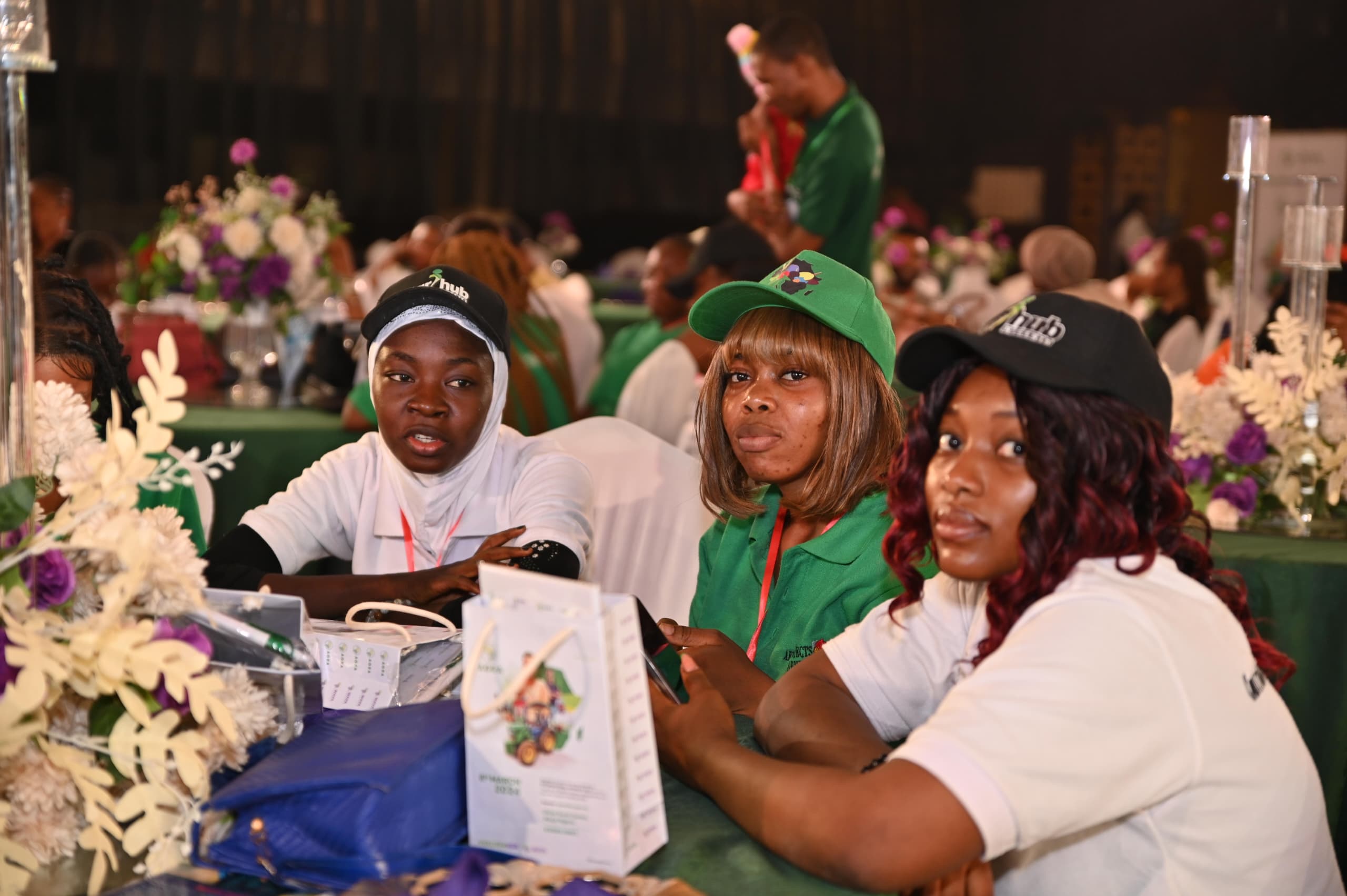
In a recent event held to commemorate the International Women’s Day celebrations at the Chida Events Center in Abuja Nigeria, AGRA officially launched the call for applications for the 2024 Women Agripreneurs of the Year Awards (WAYA).
WAYA is a prestigious award scheme that recognizes female agripreneurs demonstrating remarkable Innovation and business excellence in agricultural value chains.
The awards not only celebrate their remarkable achievements but also rewards them with grants of up to $300,000.
The event held in honor of trailblazing women who are at the forefront of inclusive agricultural transformation, across the country and continent, brought together women in agribusiness and influential leaders at various policy levels to amplify messaging on the urgency of investing in women to accelerate progress in the agri-food sector.
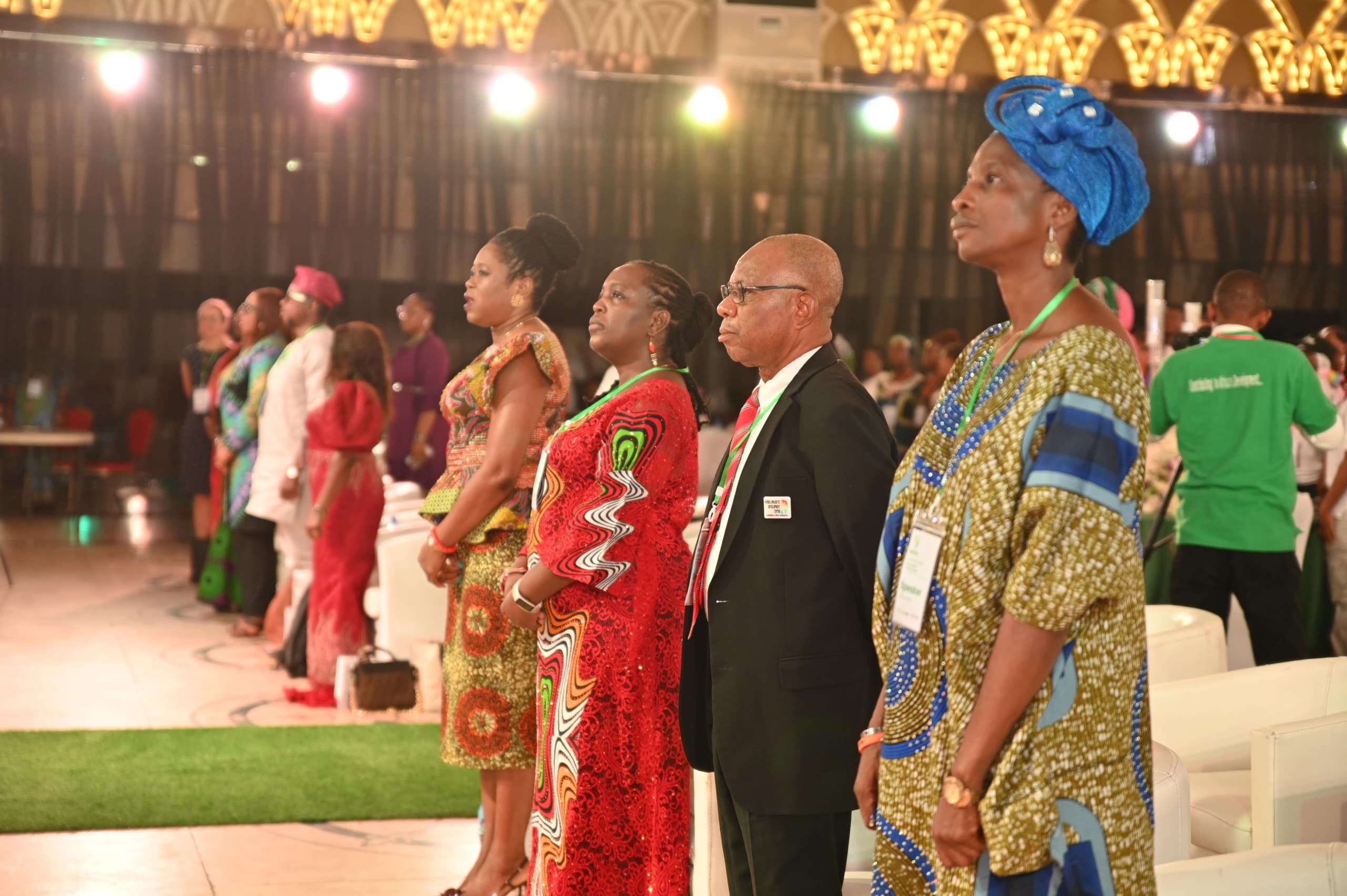
Since 2021, the awards have been distributed across 3 categories; Young Female Agripreneur (for those under the age of 35 years and have demonstrated innovation and leadership in business), Female Agriculture Tech Innovator (those championing technological advancement in agribusiness) and, Outstanding Value Adding Enterprise (for female-owned agribusinesses that are increasing the economic value and/or consumer appeal to agricultural products), with the coveted Grand Prize Winner being the overall winner of the competition.
However, beginning 2024, AGRA has introduced regional winners in the Young Female Agripreneurs category, and also added two exciting new categories: Women Empowerment Champion (recognizing female agripreneurs who exhibit a deliberate commitment to creating opportunities for other women to grow their own agribusinesses) and a Resilient & Inspirational Leader (recognizing female agripreneurs from marginalized communities or vulnerable and hard-to-reach areas who, despite facing significant challenges demonstrate unwavering determination, strength, and perseverance to excel in agribusiness).
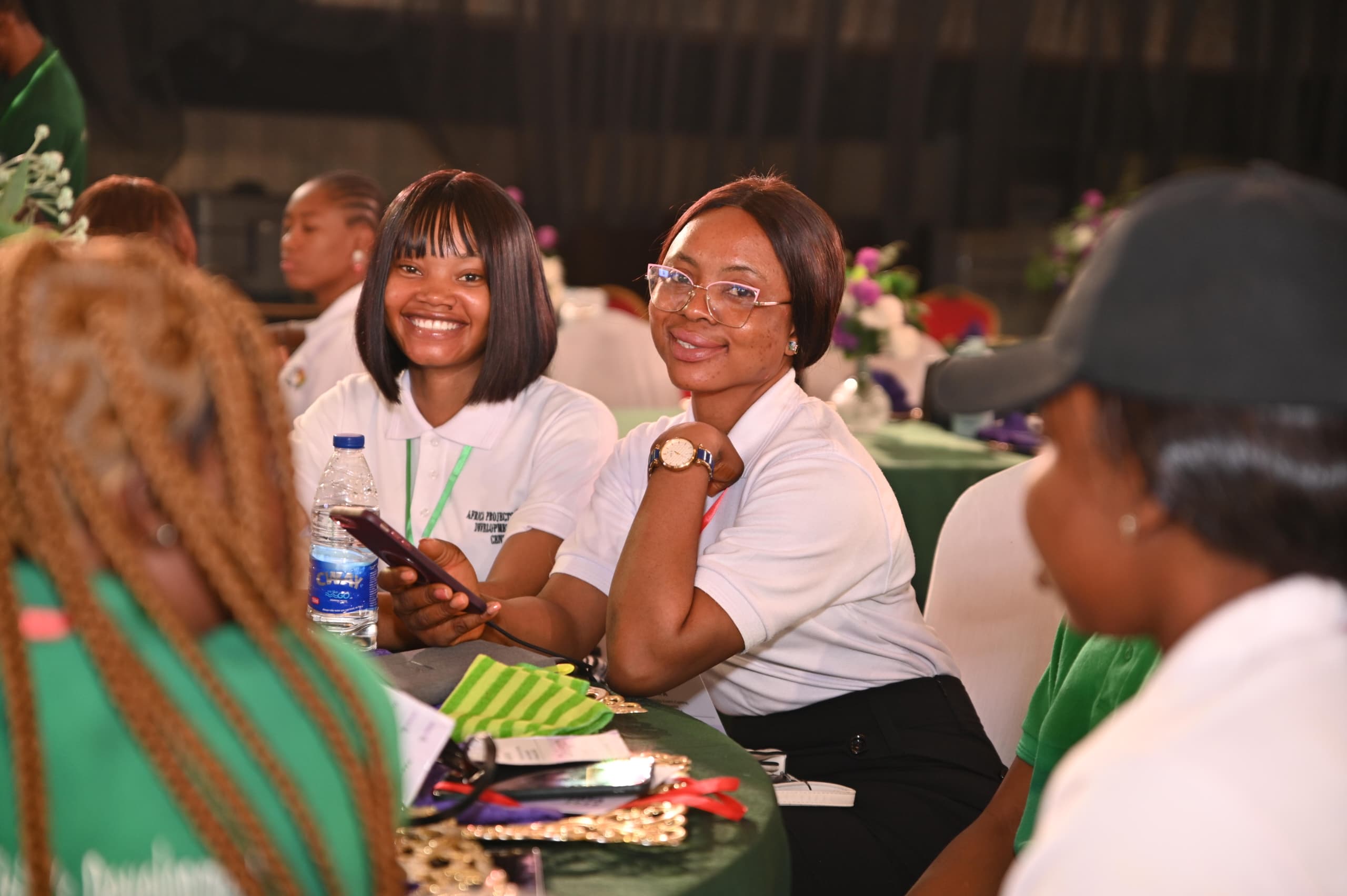
Applications will close on 31 May 2024, with the winning agripreneurs being unveiled during the Africa Food Systems Forum (formerly AGRF) to be held in Kigali Rwanda from 2nd to 6th September 2024.
To be eligible, businesses must operate within an agricultural or agribusiness value chain, be legally registered in an African Union country, and be at least 51% owned and managed by women who are citizens of one of the 55 African countries.
Speaking at the event, AGRA’s Lead for Gender Integration and Acting Director for the Youth, Gender, and Inclusiveness Division, Ms. Winnie Osulah said, “We received over 1,500 applications from women across 38 African countries in 2023. As we open the awards again this year, we expect to receive at least 500 applications in each category and continue our efforts to honor the unrelentless efforts, creative ideas, and outstanding leadership by women in the agri-food sector”.
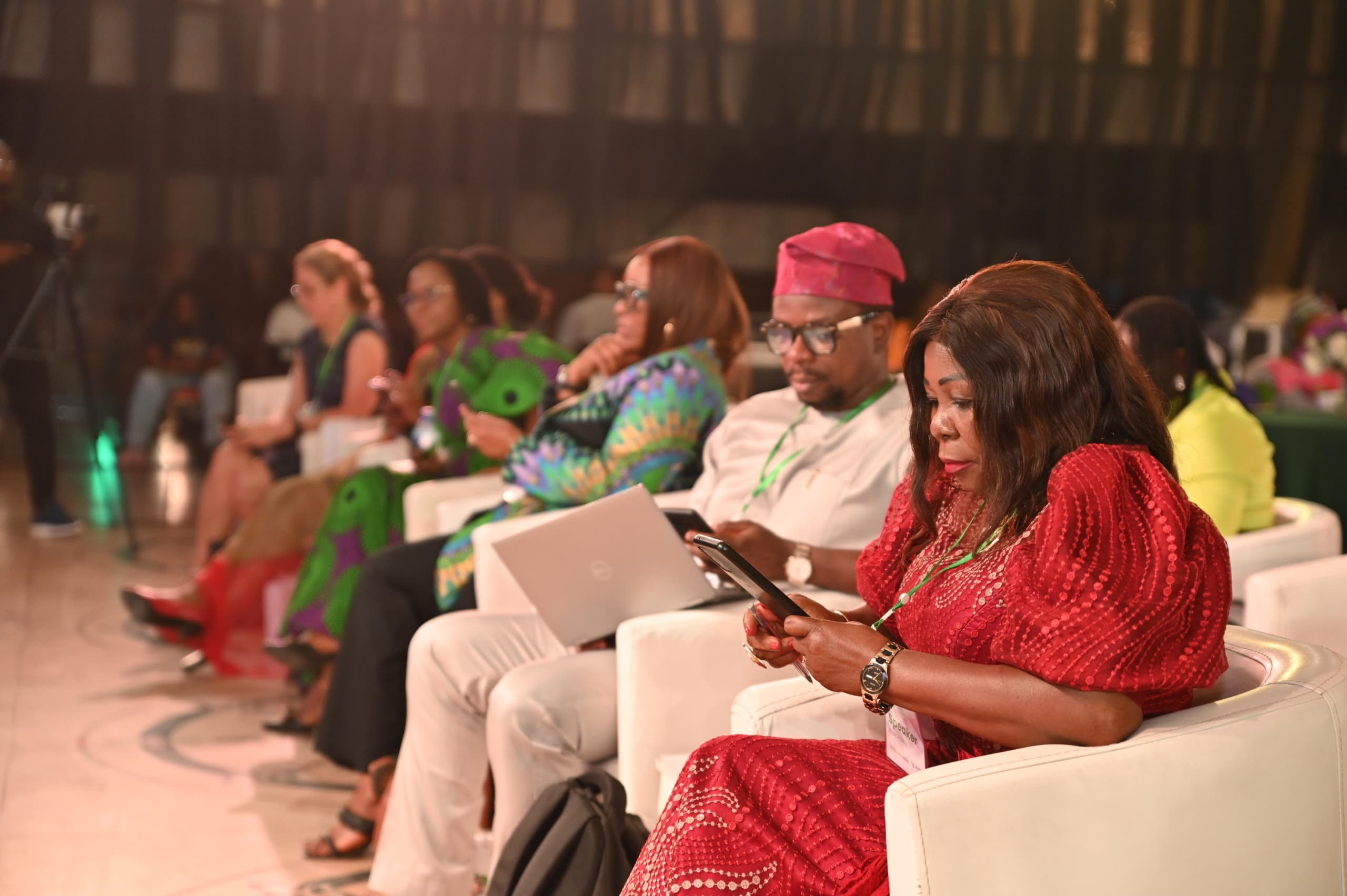
WAYA is an initiative of AGRA’s VALUE4HER, a continental program that is aimed at strengthening women’s agribusiness enterprises and enhancing their voice and advocacy across Africa.
The AGRA Gender Consortium in Nigeria, consisting of AGRA, Synergos, UN Women, and the Legal Awareness for Nigeria Women (LANW) also leveraged the Abuja IWD event to promote knowledge sharing and collaboration.
They recognized the significance of the occasion in bringing together stakeholders from diverse sectors, including government, civil society, and the private sector, to address gender equality and women’s economic empowerment issues.
The consortium has been supporting the Governments of Kaduna and Niger States to domesticate the National Gender Policy in Agriculture.
During the event, participants engaged in interactive workshops, panel discussions, and networking sessions, facilitating meaningful exchanges of experiences, ideas, and best practices.
They highlighted the importance of creating an enabling environment for women to fully participate in economic, social, and political spheres and emphasized the need for evidence-based interventions to address gender disparities.



